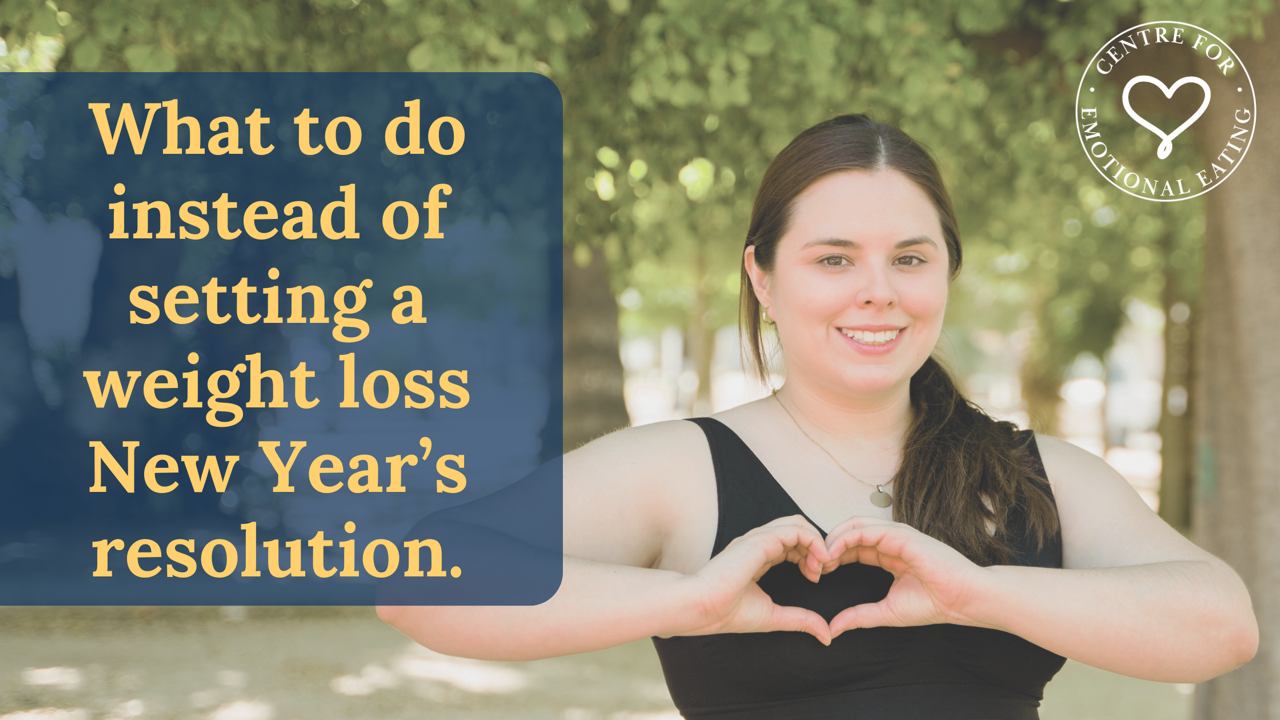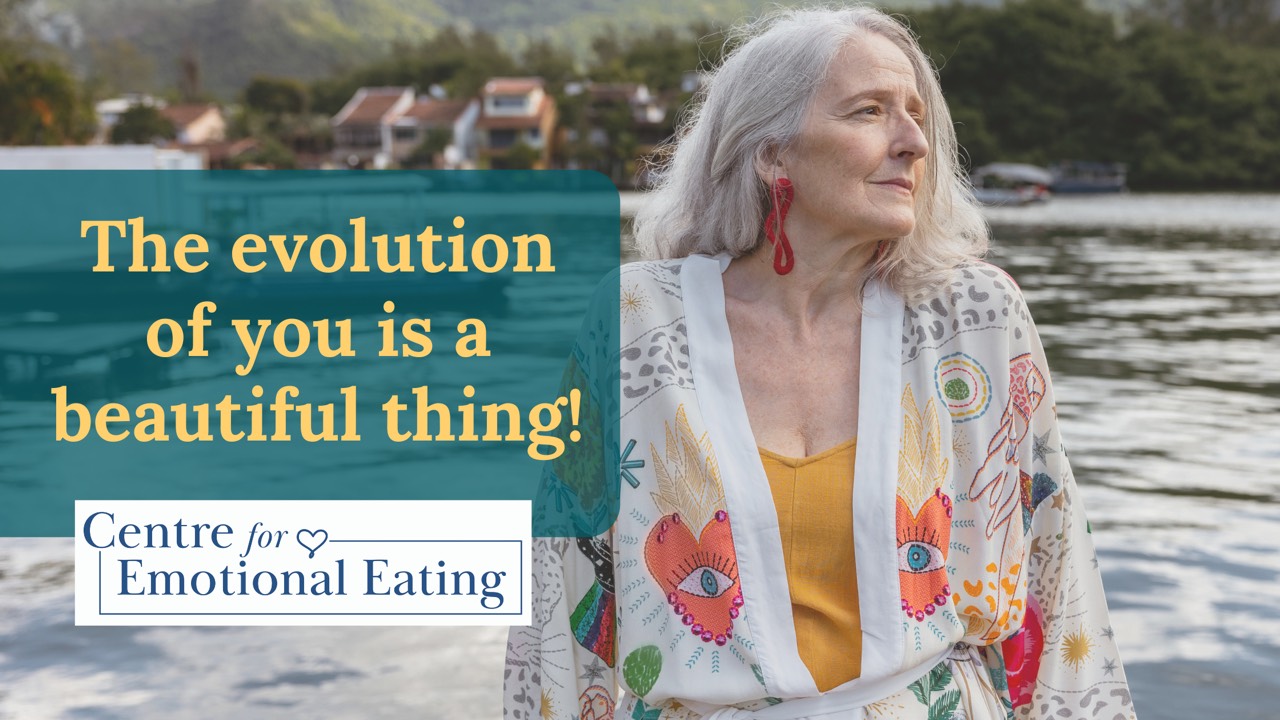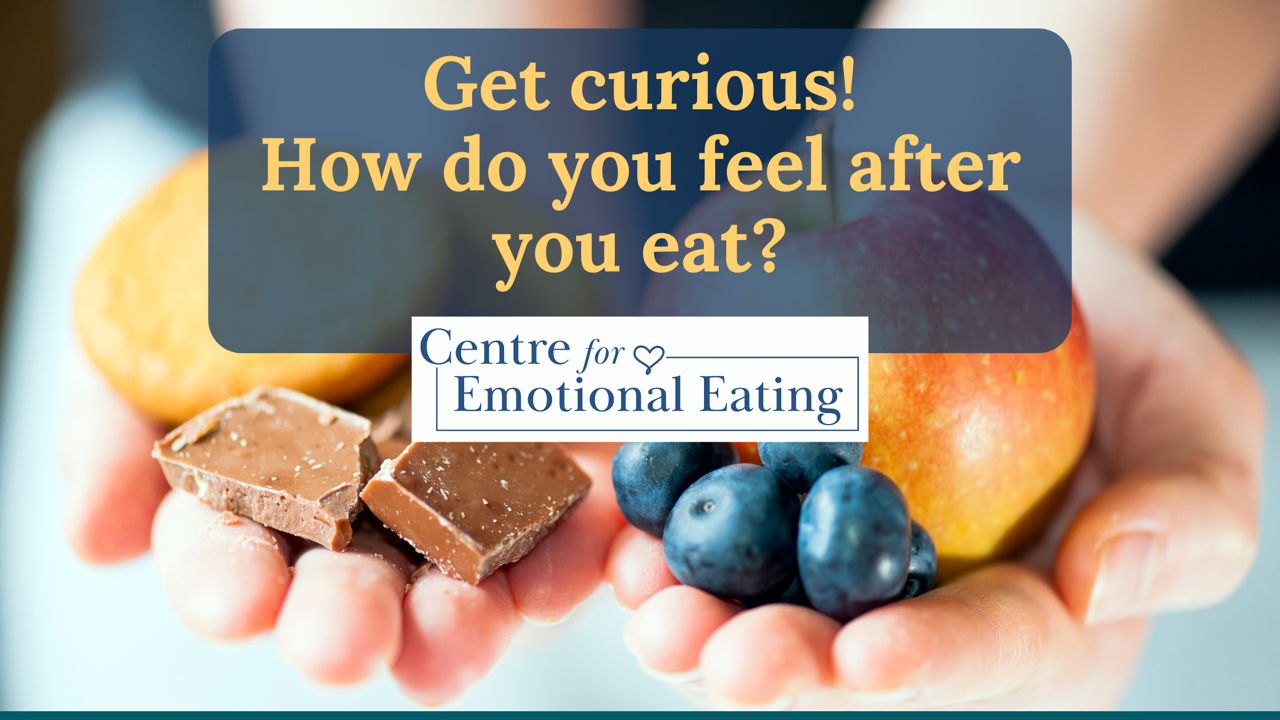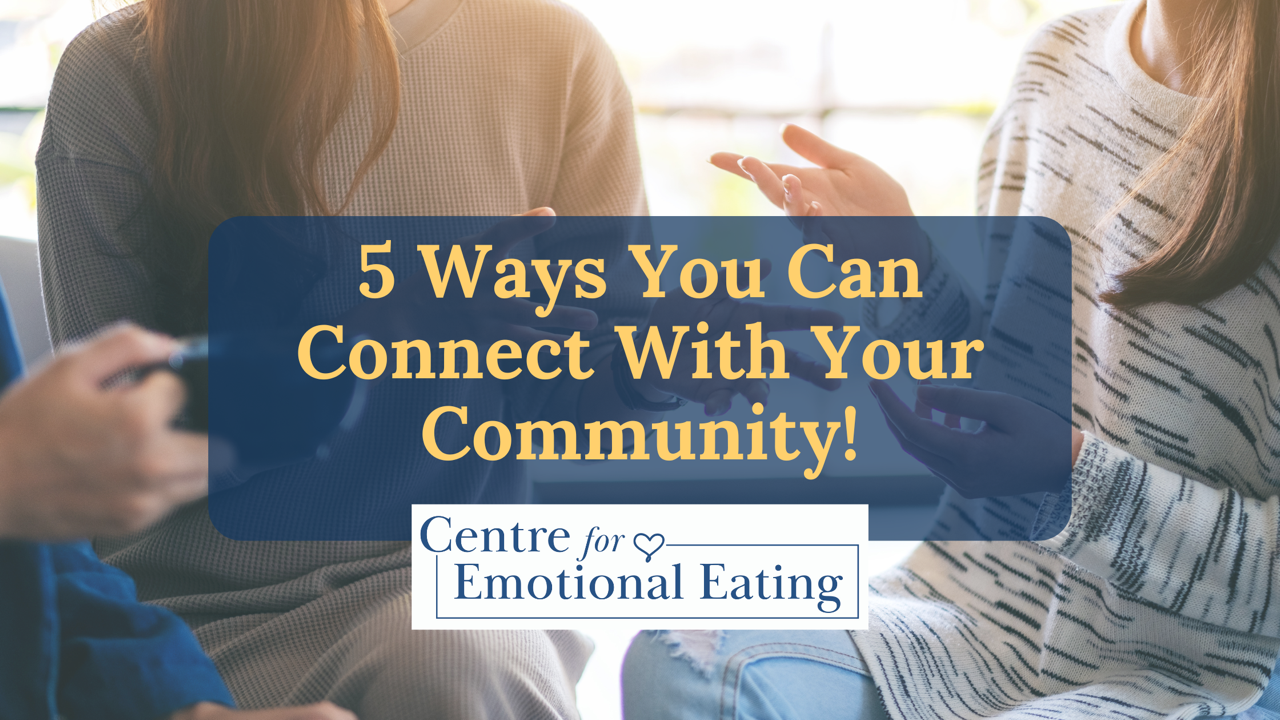BLOG
Find support not just for emotional eating, but all aspects of your well-being.
Grab Your Journal! How to Meet Your Own Needs

Chances are, if you’re an emotional eater you put your own needs on the back burner. That might be because you aim to take care of others or you feel you have to show up perfectly every time. But stuffing down what you need to feel your best is a recipe for those unmet feelings to come up with your relationship with food.
We often hear from clients here at the Centre for Emotional Eating that they don’t know how to identify their needs, less alone meet them. And that is ok! It takes time to get to know yourself when you’ve been using food to hide behind. Plus, what lights you up can change over time, so don’t feel bad if something that used to work for you doesn’t anymore—we are constantly growing and learning!
Here are some journal prompts to get you thinking about what your needs are and how to meet them. Start by finding some time to sit with yourself. If this seems impossible to you, feel free to journal in chunks of time: answer a question quickly then think about it until you c...
Eating for the Season

Winter can be a challenging time for many people. Less sunlight, colder temperatures, and unpredictable weather can make it difficult to keep your mood up. One of the ways you may be looking for comfort is through food, and that is normal! People often think that emotional eating is automatically bad or negative, but the truth is it is a coping mechanism just like scrolling on your phone or journaling. With awareness you can begin to understand why you reach for certain foods when you feel a certain way.
And it is usual for your cravings to change with the seasons! Cooler temperatures can have us reaching for mashed potatoes and creamy soups. The warmth, texture, and carbs feel like a hug when the Winter feels cold and isolating. Many would agree that a salad or smoothie that was so refreshing in July just isn’t as tempting in January.
Learning to go with the flow of your food preferences is a great way to also help manage your emotional eating. This process has you gently check in w...
Do You Have a New Year’s Resolution to Lose Weight?

Every January we see more and more messaging about a New Year diet, cleanse, or detox. As a society, we’re pretty vulnerable after holiday celebrations in December that it feels like a given that we should restrict and punish ourselves when the calendar flips to the new year.
If you’ve been caught up in this experience, know you are not alone. New Year’s resolutions to lose weight are incredibly common. But have you ever stopped to think about how this need to diet comes back around *every* year? That means it isn’t working in the first place! This is the truth behind diet culture: it wants to keep you feeling negative about yourself so you keep buying the new plan, app, or book because it keeps them in business.
If you’re tired of yo-yo dieting and constantly feeling bad about how you look, we have 3 things you can add to your routine that won’t make you feel like you’re failing. This is the opposite of a new diet that takes away things you enjoy, telling you to give up carbs or tha...
The Only Diet Rule You Need

Does this sound familiar: you’ve had a weekend of saying “screw it!” and have eaten every food you can think you want (even if it doesn’t taste amazing). It’s now Sunday and you feel overfull, your brain is foggy, and you’re beating yourself up for all the things you ate. You decide that tomorrow you’re getting “back on the wagon” and will “be good” by starting a new diet. Rules are back on Monday! No sugar, less carbs, all protein and vegetables and definitely an hour or more at the gym.
Stop. Re-read that paragraph. Notice how this example goes from what feels like a free-for-all/there are no rules to adding in ALL the rules? This is called the binge/restrict cycle and the whole system keeps you stuck because you get fed up with how you feel when you’re overeating (so you set rules) and then you feel deprived by such a rigid way of eating that it is only natural for you to want some freedom around food.
This is a really common situation, so if this seems familiar and maybe you’ve e...
Finding Some Comfort While Grieving

We’re told that grief has stages that we move through, that there is an end to the process. But the truth is much more complex than that. While its intensity can lessen over time, there are often triggers, sometimes unexpected ones, that bring up feelings in new and painful ways.
And while grief is a common experience, it is still a topic many feel uncomfortable talking about. For example, if you’ve lost someone you love, others in your community might not know how to talk to you about it even if you want to keep the conversation—and memory—of your person present. Others often worry they are making you feel worse you by asking how you’re coping.
If you are struggling with grief right now, we want you to know there is no right or wrong way to move through it. To start, reach out to someone you trust or get support from a therapist to help guide you. You might be surprised how freeing it feels to have a safe space to cry or rage. This can create a release of emotions that you don’t hav...
Why You Shouldn’t Fear Change

One of the interesting (and powerful!) things of becoming an adult is realizing that you can continue to evolve as you age. It is through discovering new parts of ourselves—likes/dislikes, values, and desires—we start to grow into a new version of our identity.
The more time you can spend doing things that make you feel good—work that is fulfilling, friendships that support you, movement that revitalizes you, clothing that reflects your aesthetic—the less you are likely to reach for food to fill those needs. You’ll never be able to do away with all the unpleasantness of life (bills need to be paid), but having things you look forward to can help ease emotional eating when these stressors do come up because you have something positive to rely on.
But all this personal growth, leaning more into and learning more about yourself, can feel both comforting (you’re not stuck!) and destabilizing (it feels new and overwhelming). You might notice feelings of sadness or grief crop up as who you...
Aligning Your Values with Your Relationships

When it comes to supporting our mental health, we tend to start with the big things: the quality of our sleep, what we eat, going to therapy, taking medication. This can lead to more confidence and awareness which are powerful tools! But you might also begin to notice that working on yourself has shifted your relationships with others in ways you didn’t expect.
As you implement changes in your life and your perspective shifts, you might find you grow annoyed or feel critical towards others you usually have felt ok around. You might even feel like you can’t show or talk about who it is you’re becoming. Your immediate reaction might be to blame yourself, piling on the guilt that you’re a “bad friend” or a “bad person” because you’re thinking about others differently, even critically.
If you dig past those uncomfortable feelings, you’ll notice that it isn’t about them, but that getting clearer on your values (and setting boundaries that go along with them) means you no longer align with...
How to Trust Feeling Good After Life Throws You a Curveball

Being on the other side of a challenging life changing event can feel destabilizing. After a period of new levels of anxiety or depression symptoms, you don’t trust feeling good. The truth is that you’re no longer used to feeling positive.
You might feel foolish for not immediately embracing the good, but this lack of trust is much more common than you think! Below we’ve outlined the three stages you can expect when you’ve done the work to move through big emotions and negative experiences.
Step One: You Can’t Believe It
At some point in your recovery, you will notice a subtle shift. It might be in a therapy session when you realize you’re talking about your experiences differently or it might be a moment during your day where you think or react differently than you would in the past. This might be accompanied by a rush of gratitude: you’ve made a change and are “on the other side.”
This will likely be immediately followed by mentally shutting down recognizing (or celebrating!) thi...
Changing Your Eating Patterns (Without it feeling like restriction)

Here at the Center for Emotional Eating we know that a restrictive diet is not a solution to anything: weight loss, peace of mind, fitting in. We’re not about restricting, but embracing (and eating!) the foods we like and make us feel our best.
So, what happens when there is a need to change your eating? Maybe you’ve developed a new food allergy or heartburn after eating certain foods. Maybe a bout of food poisoning or the flu means you just can’t face eating a specific item again. And did you know our taste buds change as we age? The meals and foods you’ve always relied on might not be as satisfying anymore. And satisfaction is key to avoiding binge eating!
Wanting to avoid these negative outcomes is perfectly human! But if you’ve been on the diet wagon a lot in your life, you might feel like removing specific foods feels a lot like new restrictive rules.
We’re here to help! Try these two steps to navigate your changing tastes without feeling like you’re slogging through new dietin...
Tapping into the Power of Community (For extroverts AND introverts!)

The restrictions from the pandemic has left many looking for a renewed sense of connection. Online get togethers got us through social distancing, but there seems to be a growing desire to meet up again in person.
You might be reading that and thinking “Not me! I thrived with more alone time”, and while that might be true (we all need opportunities to recharge) even introverts need a community they can tap into just as much as extroverts!
We’ve written before about how creating connection can help with feelings of loneliness (a major trigger for emotional eating), but getting a feeling of connection doesn’t have to mean a filled-to-the-brim calendar of social events. It is true that you can have a small circle of friends that you feel close to or be surrounded by many people and feel lonely. Connecting with others isn’t about the number of people you interact with or events you attend, it’s how it makes you feel! So, here are some ideas for you to try out in your own life to create c...


